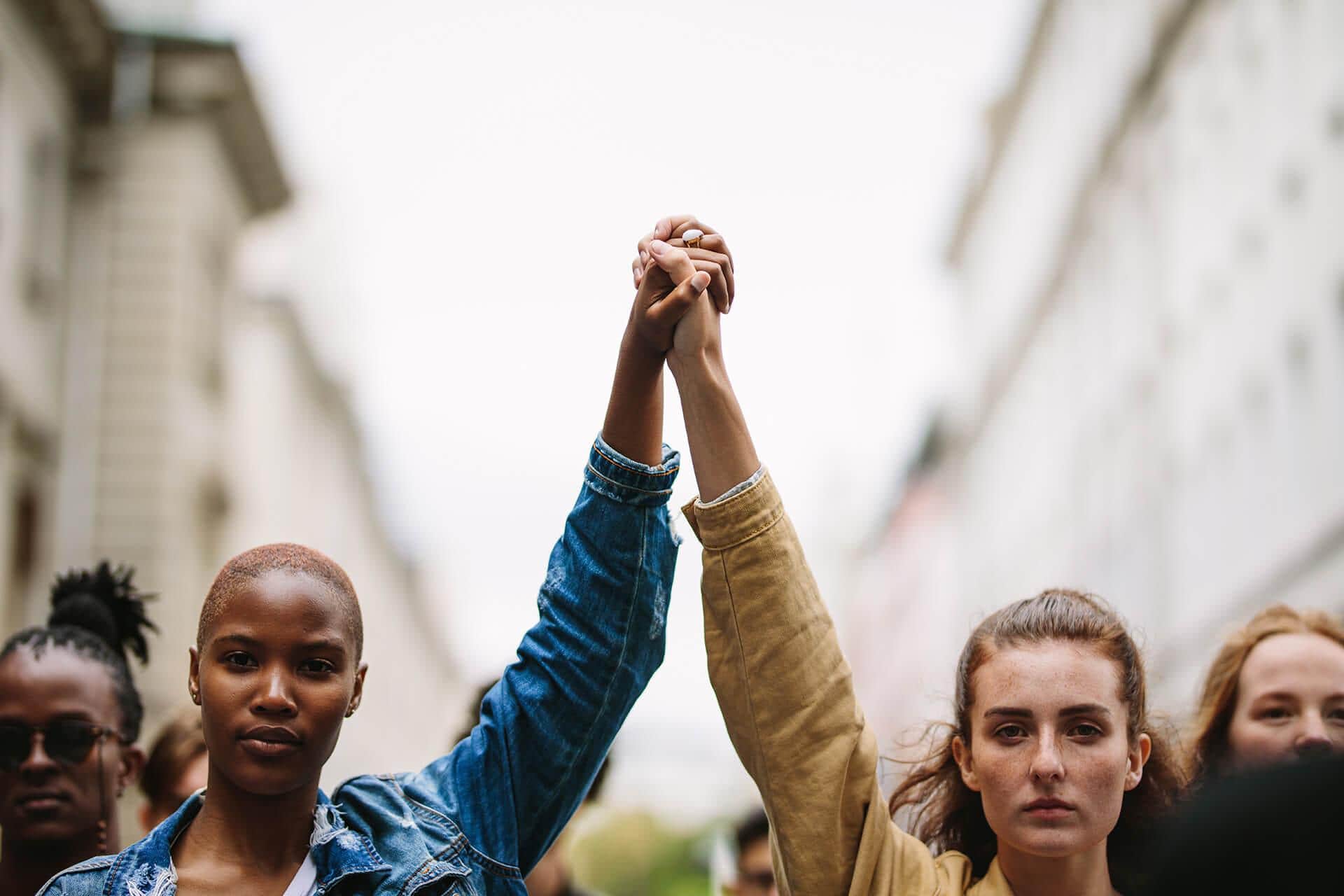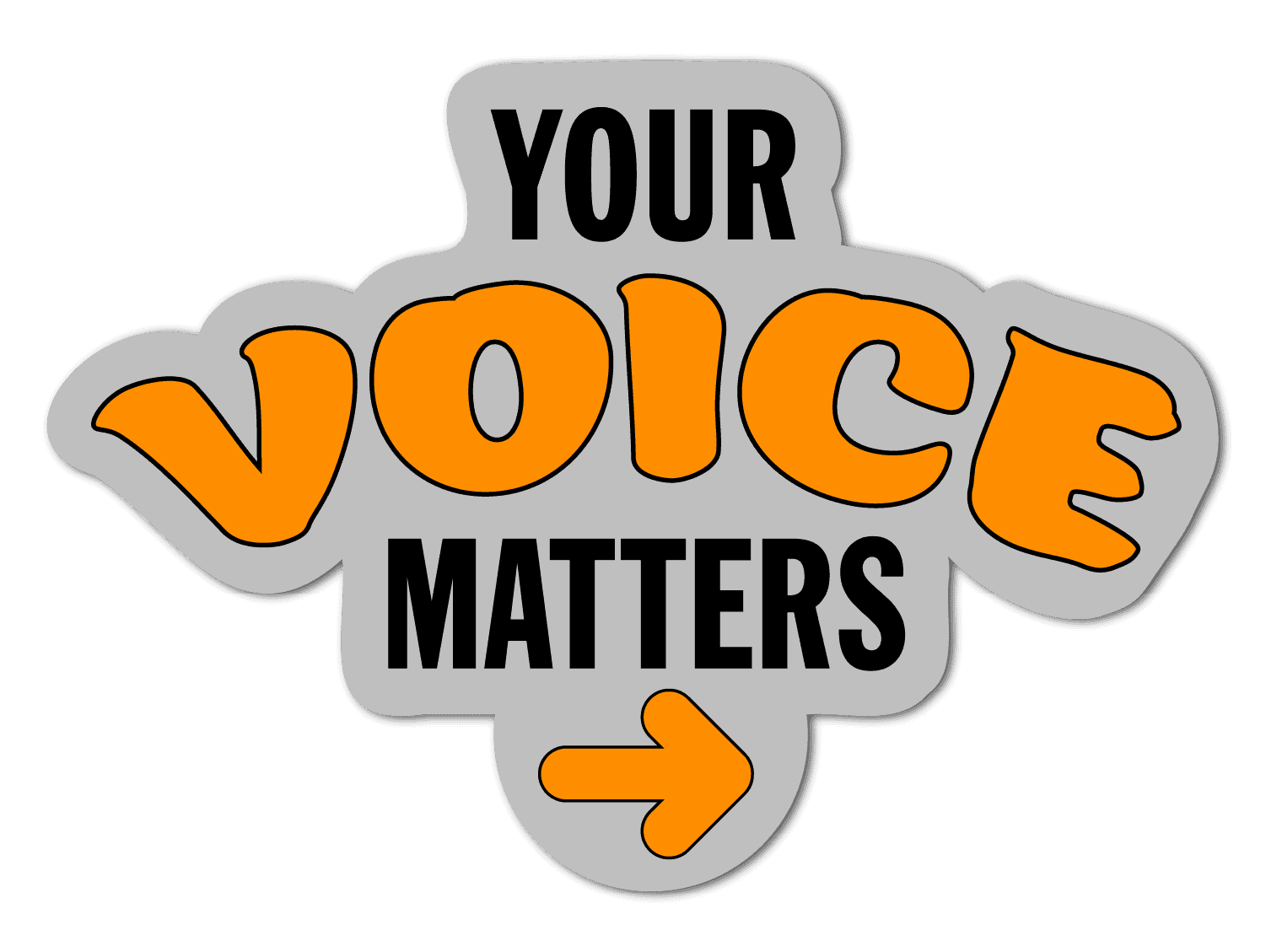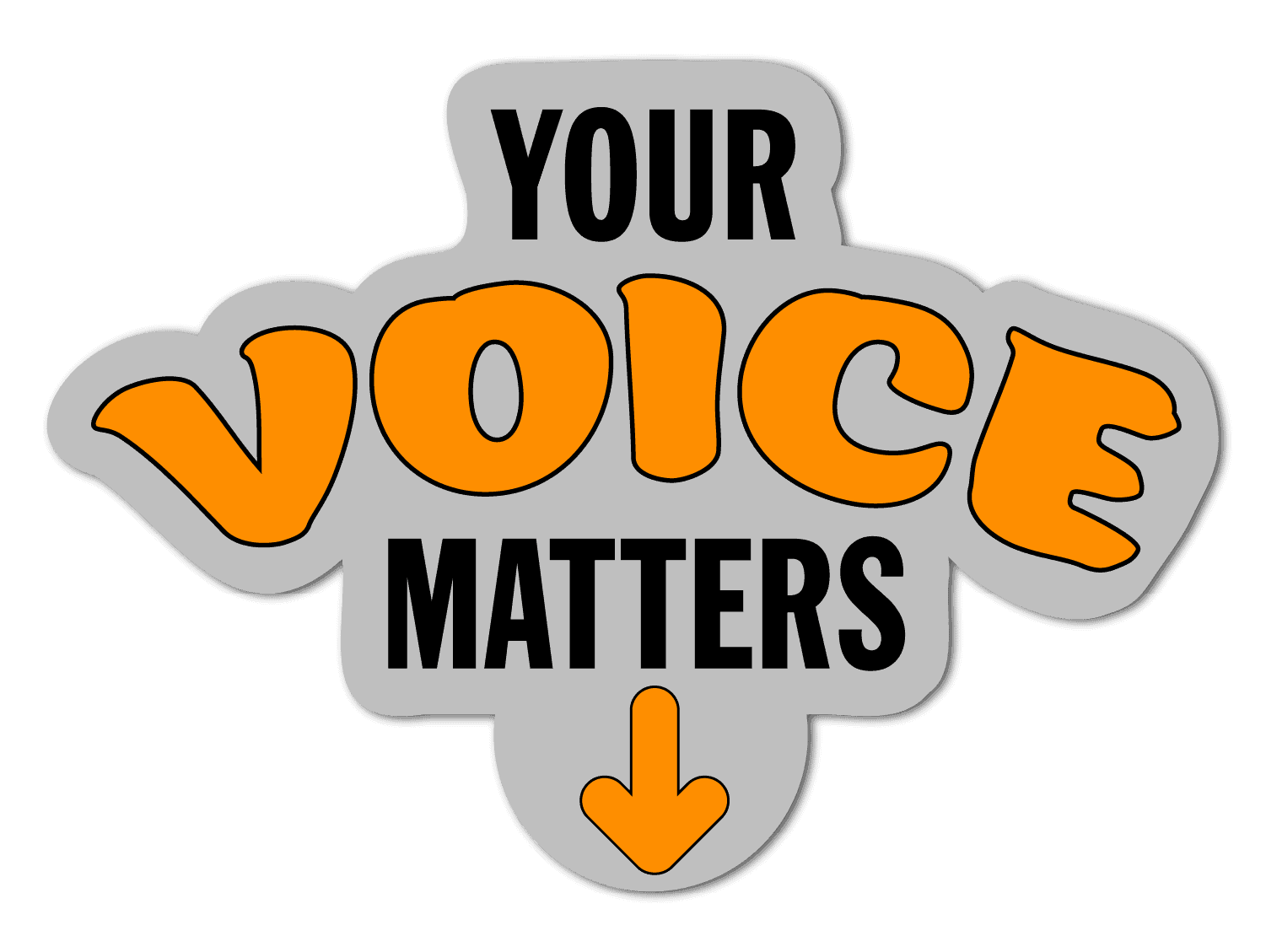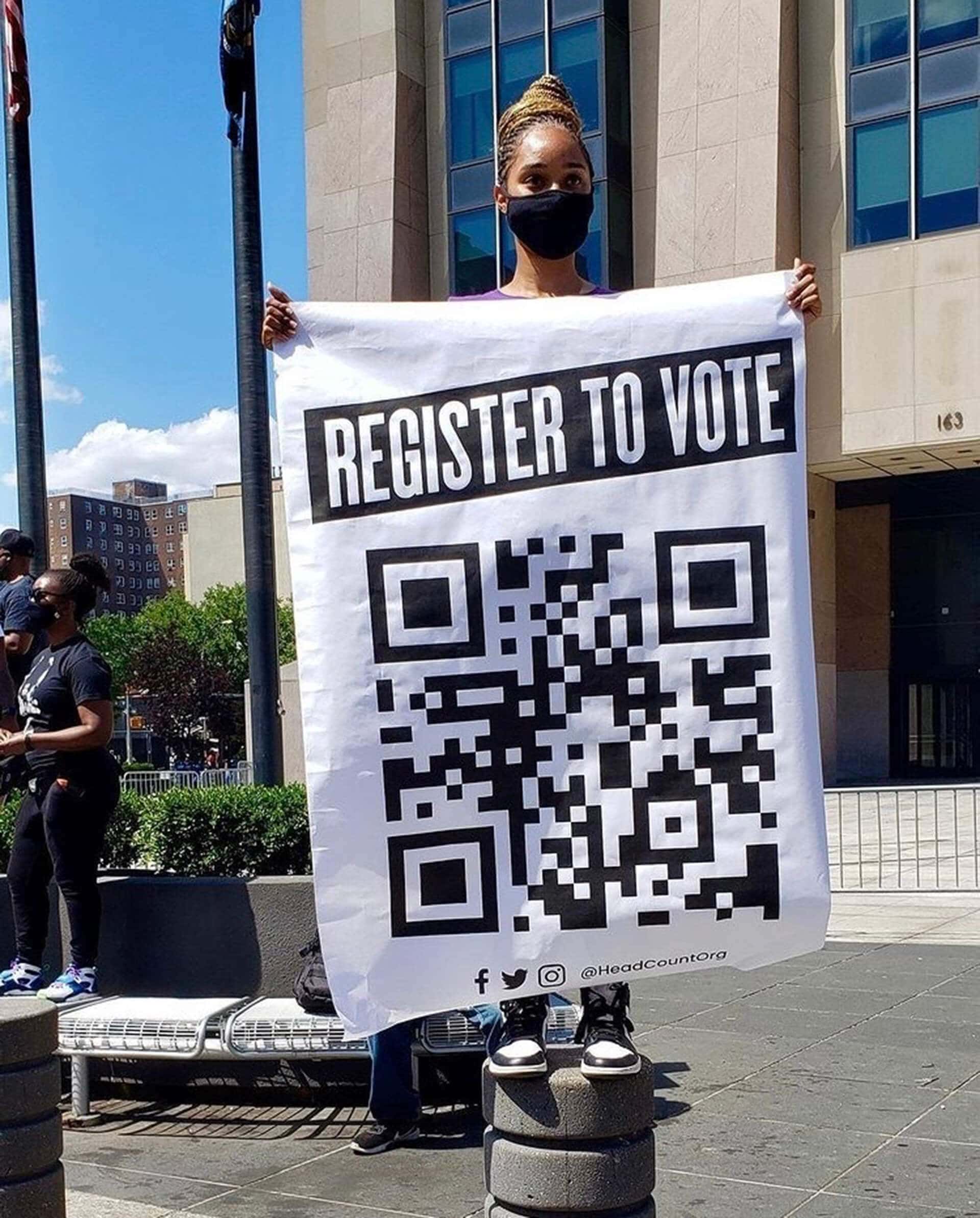We make contacting your lawmaker easier than ordering a pizza. Just click the phone or mail option and get started.
Now is the time to tell your story, and remind lawmakers that they work for you!
Add your own words to make it personal.
Since 2021, nearly half of the states have passed laws that make it harder for people to vote – and that number keeps growing. When lawmakers take power away from one of us, they take power away from all of us.



We make contacting your lawmaker easier than ordering a pizza. Just click the phone or mail option and get started.
Now is the time to tell your story, and remind lawmakers that they work for you!
Add your own words to make it personal.

The United States started restricting access to voting based on economic status, gender, race and age at inception. Here are some examples of how voting laws stand up racism and discrimination today:
Voter ID laws discriminate:
Access to voting is not created equal:
One person, one vote … well, that depends on where you live:
In 2013, the Supreme Court gutted the Voting Rights Act of 1965 (VRA). This opened the door for the states to pass laws that directly or indirectly make it hard for people to vote based on their race. Rollbacks of early and mail-in voting, closure of community polling sites and large-scale voter roll purges became commonplace in many communities across the United States. Data shows (and multiple court rulings agree) that all of these measures have disproportionately impacted voters of color.
When there is bias in election law that creates unequal access to the ballot, we see the impact through systemic racism and discrimination across the country. Check out our pages on Criminal Justice, Jobs & The Economy and LGBTQ+ rights for examples.
To learn more, check out some great resources to learn more about racism, discrimination and voting rights: